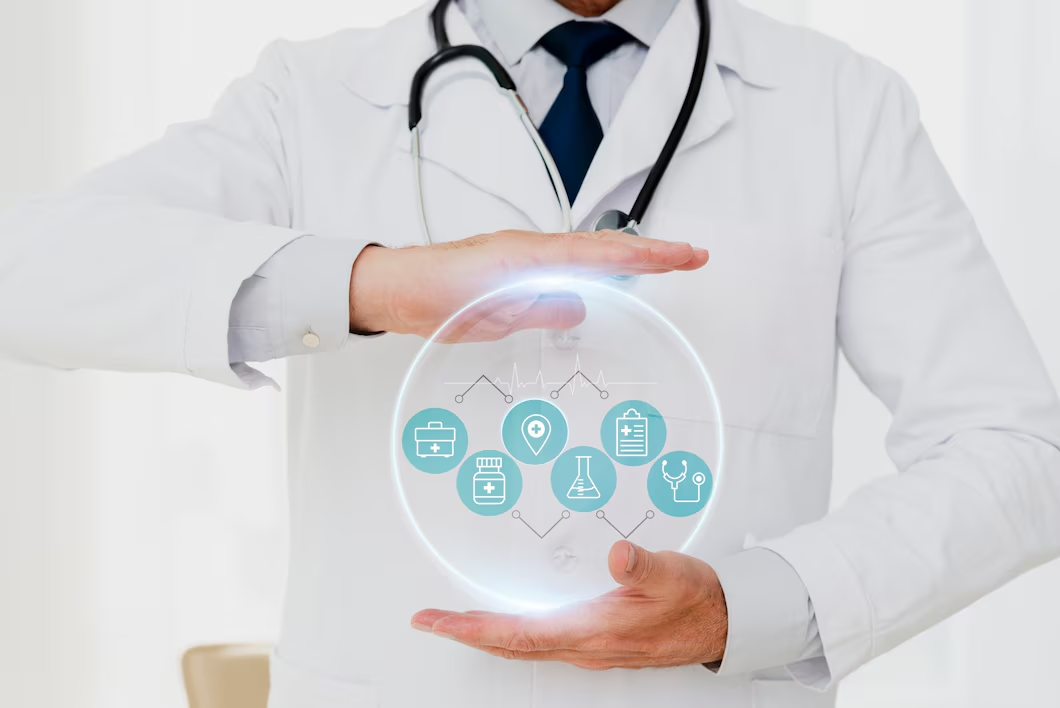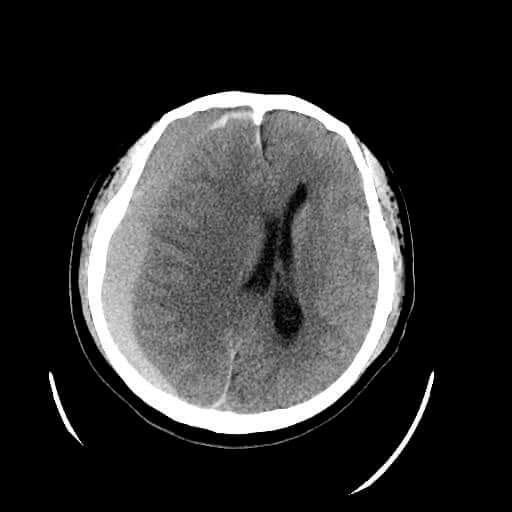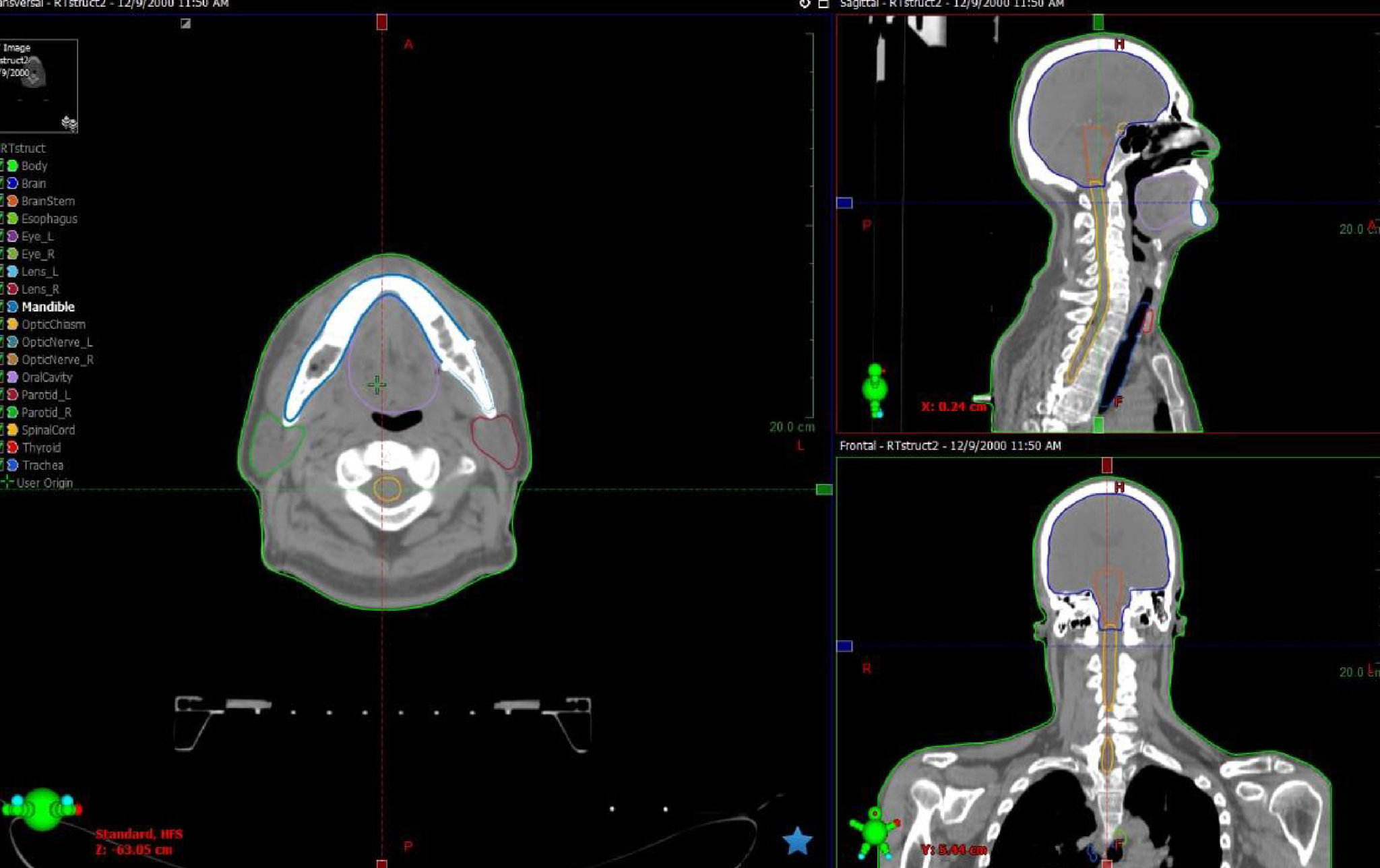AI Medical
AI Health
AI in healthcare helps improve efficiency, enhance patient experience, and strengthen data security. Current applications include medical image recognition, remote monitoring, AI alert systems, virtual assistants, and more. In the future, AI in healthcare will be integrated into the entire healthcare value chain, from education and disease treatment to health promotion.
The use of information and communication technology (ICT) to reduce healthcare costs, improve healthcare efficiency, and enhance healthcare quality has become a global consensus in the public health field. The application of smart technology will further advance the evolution of the healthcare sector.
Medical & Diagnostics
AI can analyze medical images (such as X-rays, MRIs, CT scans) to detect diseases and conditions like cancer, fractures, or other abnormalities with higher accuracy and speed.
Personalized Medicine
AI can help tailor treatment plans based on individual genetic profiles, medical history, and other data, ensuring more effective and customized healthcare solutions.
Predictive Analytics
AI uses patient data to predict future health risks, such as the likelihood of developing chronic diseases like diabetes or heart disease, allowing for early intervention and prevention.
Virtual Health Assistants
AI-powered chatbots and virtual assistants help with patient education, appointment scheduling, medication reminders, and answering basic health-related questions, improving patient engagement and support.
Robotic Surgery
AI enables precision in robotic surgery, improving outcomes and reducing recovery time. AI systems assist surgeons by providing real-time data and insights during procedures, enhancing accuracy and.
AI Software
AI-health

AI VeriOsteo OP
"VeriOsteo OP" is an intelligent medical software that can quickly detect whether an individual has osteoporosis symptoms from a single chest X-ray image within 30 seconds. This allows for large-scale, rapid, and effective screening of individuals suspected of having osteoporosis, providing an opportunity for early detection and treatment.

AI Electrocardiogram (ECG)
One of the most notable recent developments, the AI-assisted Electrocardiogram (ECG) Interpretation Platform enables quick and accurate ECG analysis, diagnosing over 50 different conditions. In addition to allowing real-time ECG uploads, it provides instant analysis to assist doctors in identifying severe cardiac emergencies at the earliest stage.

AetherAI Endo
This system, with an image recognition capability of 30 frames per second, detects the intestines and can identify polyps that are difficult to observe with the naked eye, with an accuracy rate of up to 95%. It will contribute to the prevention and treatment of colorectal cancer.

Brain Hemorrhage Detection System
A system for accurately identifying brain hemorrhage and five types of intracranial bleeding in non-contrast CT images.

Radiation therapy head and neck
Rapidly analyze CT scan images to make preliminary outlines of 17 organs at risk in the head and neck, assist physicians in completing radiotherapy plans, and speed up patient treatment scheduling.

Radiation therapy organ delineation system
Automatically delineate 80 organs at risk on CT images, including the head, neck, and pelvic lymph node regions. Highly compatible, suitable for any brand of treatment planning system on the market, and can be integrated with CT and TPS of various brands.